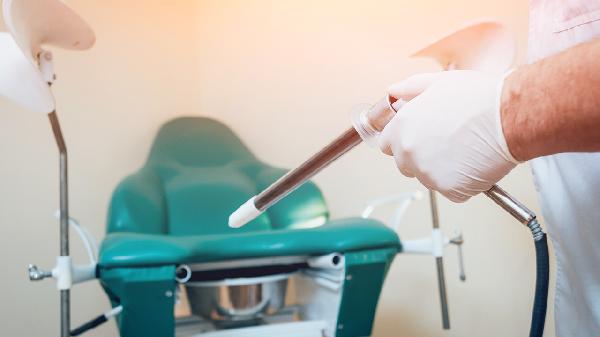In daily life, many men experience varying degrees of urological health issues. Some men take these problems seriously and seek timely medical treatment, while others remain unaware of the symptoms of urological diseases. Even when they are afflicted, they fail to pay attention, leading to worsening conditions and missed opportunities for treatment, which exacerbates physical and mental harm. Therefore, it is everyone's responsibility to understand the basics of urological diseases! Not only should men be aware, but women can also benefit from this knowledge to promptly notice any abnormalities in their partners and encourage timely check-ups. Common urological diseases include prostate disorders, balanitis, sexual dysfunction, and male infertility, among others. Prostate diseases are a prevalent type of urological condition, with symptoms such as frequent urination, urgency, painful urination, a burning sensation, and increased nighttime urination. Pain in the testicles, glans penis, or perineum, as well as discomfort after intercourse, may also indicate prostate issues.

When men suffer from phimosis or redundant prepuce, dirt and debris can accumulate between the foreskin and the glans, forming foul-smelling smegma. Under the irritation of smegma, the glans may become itchy, red, or even ulcerated, and in severe cases, weakness or low-grade fever may occur. Sexual dysfunction, on the other hand, manifests as a lack of interest in sex, excessive libido, weak erections, or premature ejaculation—all of which are signs of sexual dysfunction. Men with such conditions often experience a loss of confidence, which can eventually lead to complete sexual dysfunction. Male infertility is one of the more severe urological conditions, as it affects a family's ability to conceive the next generation. Common causes of male infertility include oligospermia, asthenospermia, azoospermia, abnormal sperm morphology, and impaired sperm production. Patients need thorough examinations to identify the underlying cause and receive appropriate treatment. In short, when men notice any abnormalities in their bodies, seeking medical attention promptly is always the right course of action!
























